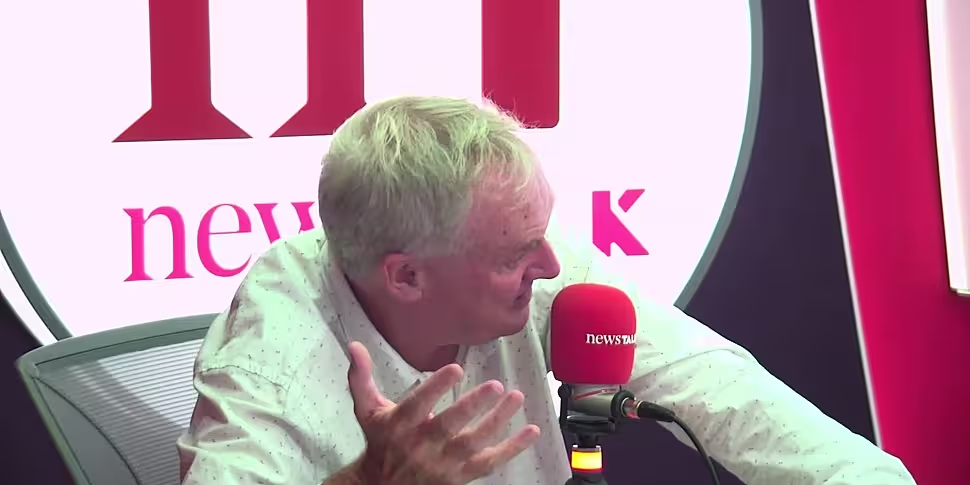While mental exertion can often feel as exhausting as physical exertion, studies suggest you might need a 10th of a Tic Tac when thinking big.
That’s according to immunologist and former biochemist Professor Luke O’Neill, who investigated the new discoveries behind mental fatigue.
“Obviously, you get tired when you use your muscles, but it’s a bit more controversial whether the brain gets tired from thinking too hard,” he said on Show Me the Science.
“Even though it might seem like it should be the case, the evidence has been a bit lacking.”
Prof O’Neill explained getting tired when you exercise is a simple mechanism.
“It is to do with nutrients being burned and the trigger might well be you’re burning all your glycogen, which is the key source of glucose in your body, or you're burning certain fats.
“But when you think very hard, is your brain burning more glucose?
“We’ve known even though your brain is only 2% of your total body weight, it burns 20% of the glucose.
“We eat the glucose [from carbohydrates] and the glucose used to make the energy currency of all life, and that is a molecule called ATP.”
Thinking and fatigue
The question, however, is how much this burning affects our energy levels, which was investigated in a study led by Antonius Wiehler of Pitie-Salpetriere University Hospital, Paris.
“He measured different neurotransmitters in the brain,” Prof O’Neill said. “When you think very hard, one neurotransmitter goes up a lot called glutamate, and that begins to build up in the brain.
“He got participants to do cognitive tasks over six hours - he got through to do various tasks, to make decisions every so often.
“The fascinating part is he gave them the option: you can earn €50 for 30 minutes of high impact exercise, or €37 for 30 minutes of low impact.
“Now when they were feeling mentally fatigued, they went for the low impact option more often.”
Thinking and burning
Despite people appearing more fatigued, however, the study still found not a lot of energy was burned when thinking.
“To think very hard, they showed, you need a 10th of a Tic Tac to provide energy,” Prof O’Neill explained.
“Though when they were mentally fatigued, he noticed glutamate went through the roof.
“The high level of glutamate means your brain needs a rest.”
How glucose burns in the brain also has implications for Alzheimer's and other studies suggest alcohol can affect the way your brain burns energy.
Listen back here to the full episode on the science of mental fatigue.









